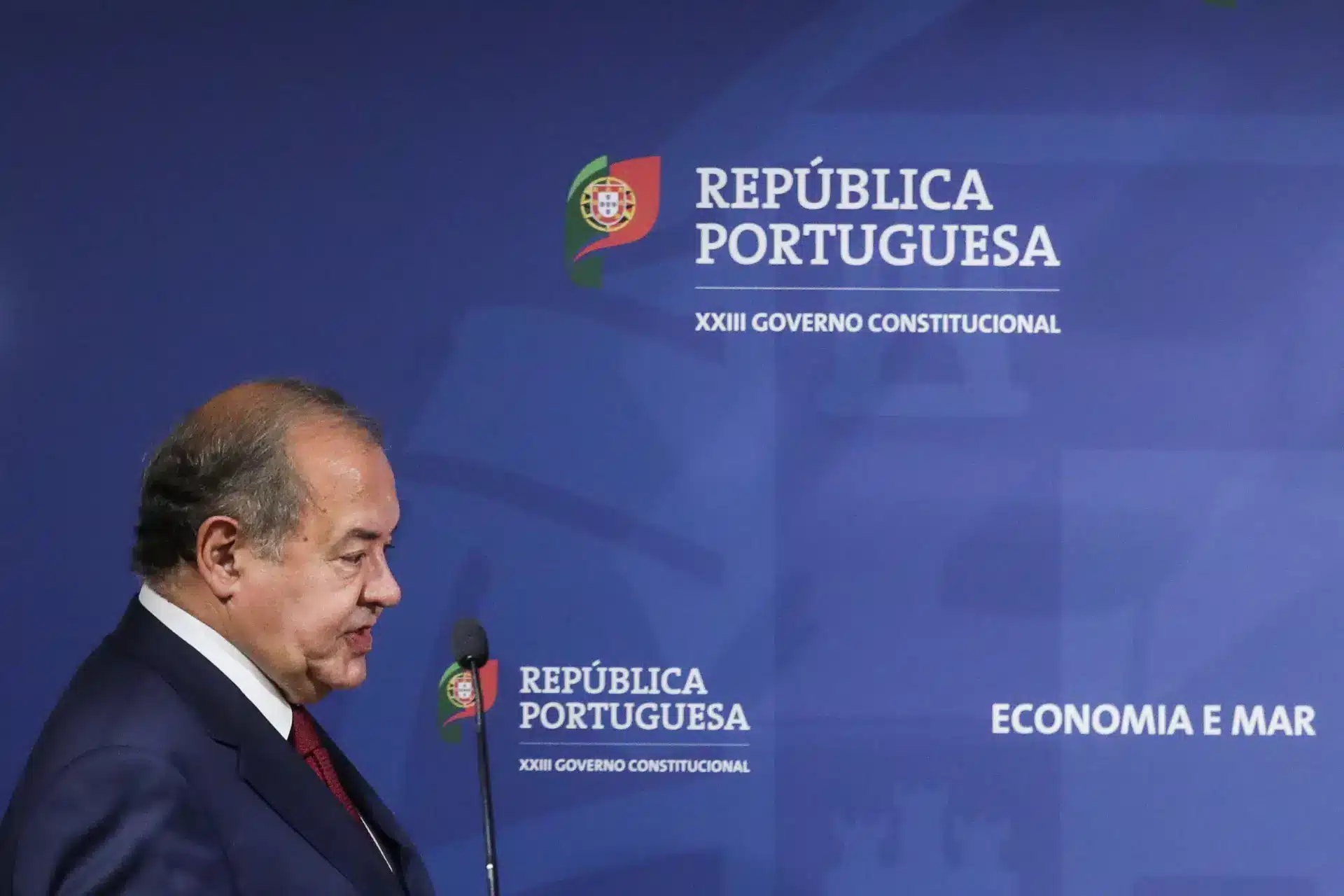Recommendation follows South Africa’s bid to see Israel prosecuted for genocide
Portugal’s parliament has approved by a large majority a recommendation to the country’s government to recognise the State of Palestine “in close coordination with close partners within the European Union.”
The final text of the draft resolution, presented by the parliamentary committee on foreign affairs and Portuguese communities abroad yesterday, came as in the Hague (Netherlands) judges at the International Court of Justice began hearing the case brought by South Africa accusing Israel of committing genocide against Palestinians in the war that has been raging in Gaza for the last three months.
Speaking to Lusa news agency from Doha where he was meeting with Qatar’s prime minister and foreign minister, Portugal’s minister of foreign affairs José Gomes Cravinho said the country would “welcome a decision by the International Court of Justice on the need for a ceasefire” in this conflict.
He is following “with great interest all the details of what is being discussed in The Hague (…) We see the work of the International Court of Justice as fundamental to the international rule of law and we believe deeply in an international system in which international law is, must be, respected and supported,” he said.
South Africa (keenly aligned with the struggle of the Palestinians through its own fight against apartheid) has asked the ICJ to impose binding preliminary orders on Israel – including an immediate halt to the military campaign in Gaza.
Israel however rejects the accusations, and says it is fighting attempted genocide itself.
The problem with this conflict which began following a massacre of jews on Israeli soil on October 7 last year is that it has so far claimed the lives of tens of thousands of Palestinians, many of them women and children. Conversely, Israel’s losses have remained well under 2,000 – and the groundswell of feeling against Israel’s constant bombardments of refugee camps where people are starving has begun changing multiple perspectives.
Right at the start of the war, Portugal stood ‘strong’ with Israel. Even president Marcelo got into a tense exchange of words with the Palestinian representative in Lisbon at a ‘diplomatic bazaar’.
But since then, actions have ‘spoken louder than words’. Now, Parliament recommends that the government “within the framework of the peace process, take the appropriate and necessary steps so that Portugal can recognise, in close coordination with close partners within the EU, the viable and sustainable State of Palestine.“
The initiative was the result of drafts from the governing Socialist Party (PS), People-Animals-Nature (PAN) and LIVRE. It was voted for by the PS, PSD, Liberal Initiative (IL), Left Bloc (BE), PAN and LIVRE, with only CHEGA voting against. PCP Communists abstained.
Says Lusa, the resolution advocates a “fair and mutually accepted division of territory” in order to ensure that Palestine “can live side by side with the recognised State of Israel in peace and security, excluding any terrorist organisation as a representative of the Palestinian people.”
Currently, of the 193 countries in the United Nations, 139 recognise the State of Palestine. Of the 27 member states of the European Union (EU), eight recognise it: Bulgaria, Cyprus, Slovakia, Hungary, Malta, the Czech Republic, Romania and Sweden.
In the resolution approved yesterday in Portugal, parliament urges the government to use its “diplomatic resources” and “international influence” to “bilaterally and in international fora where Portugal has a seat, particularly in the EU Council of Foreign Ministers, defend an international position that leads to the recognition of Palestine as an independent State.”
Portugal must also advocate for respect for UN resolutions “especially those that condemn and prohibit the construction of new settlements on the West Bank,” the text stresses.
This issue is another that has swayed feelings since this conflict began. ND
Source material: LUSA/ BBC/ Christian Science Monitor/ AP News




















